You are here
Back to topVietnamese Ri6 Durians in Hot Demand in Australia
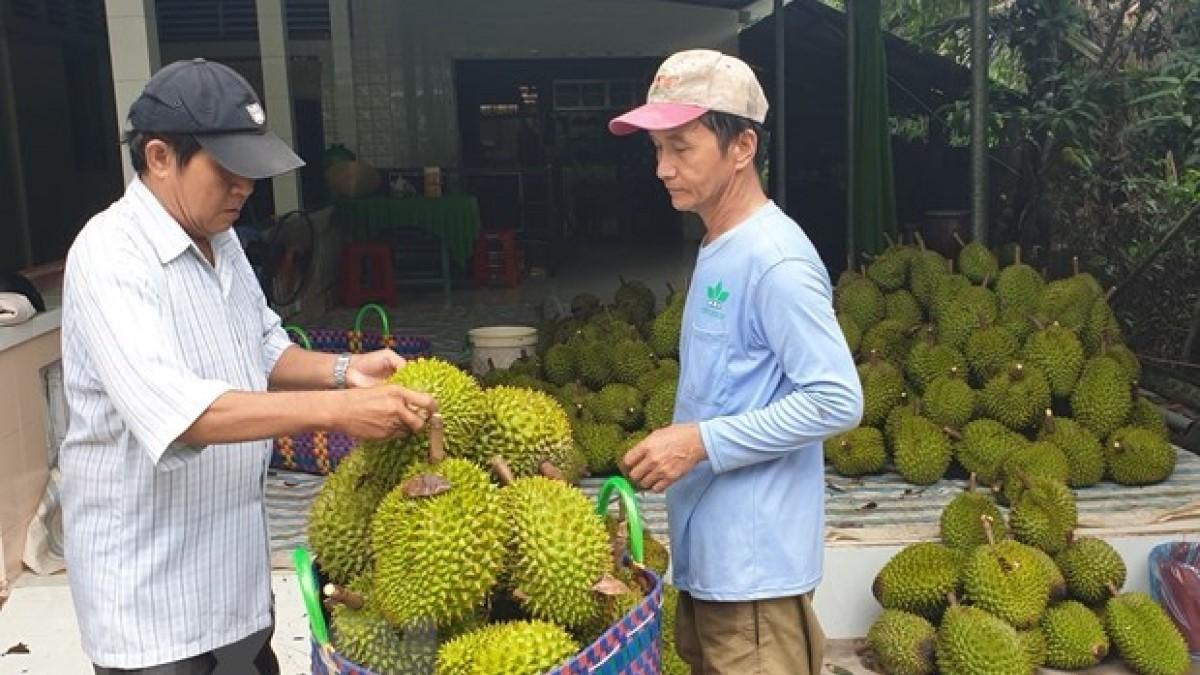
According to the Vietnam News Agency, the Vietnam Trade Office in Australia recently reported that a shipment of 15 tons of frozen Vietnamese durians imported into Australia had completely sold out within just two days. An additional 45 tons of durians are currently en route to Australia, and this shipment has already been completely booked up by retailers.
The recent shipments are reportedly all durians of the Ri6 variety, grown in Vietnam. The current retail price of whole durians is AU$18.99 (US$14.00) per kilogram, while peeled durians can sell for as much as AU$25 (US$18.43) per kilogram.
Vietnamese Ri6 durians have already made an impression on the Australian market, gaining a reputation for excellent quality. In October 2019, the Vietnam Trade Office brought 0.5 tons of frozen durians into Australia for the first time, holding a promotional event in Sydney where passersby were invited to taste the fruit while riding in a classic car.
After several trials and much consideration, the Vietnam Trade Office decided to focus on promoting the Ri6 durian variety on the Australian market. The campaign aims to emphasize the superior quality of the fruit with the slogan “Ri6 Durian – Another King.”

The primary durian harvesting season in Vietnam falls between April and late July, while the secondary season lasts from October until March of the following year. The most popular and widely cultivated durian varieties in Vietnam are the Ri6 and Muangthong (Thai) varieties, plus several local varieties that are grown on a smaller scale. The Ri6 variety is predominantly grown in the central and southwestern regions of Vietnam; these areas are very well suited to Ri6 durians in terms of both climate and soil quality, resulting in a high output of fruit with a good level of sweetness, a rich fragrance and a soft, glutinous texture. As a result, the Ri6 variety has a greater market share and fetches higher prices on the domestic Vietnamese market compared to other durian varieties. The other major variety, Muangthong, is primarily grown in the area surrounding the city of Long Khanh and in the provinces of Binh Duong and Binh Phuoc.
Vietnamese durian prices have risen in 2021, with wholesale prices at one point reaching 60,000–70,000 Vietnamese dong (US$2.64–3.08) per kilogram and retail prices at grocery stores and food markets sitting around 90,000–100,000 dong (US$3.96–4.40). These prices represent a 20% increase over the same period of last year. Since early July, the worsening pandemic situation in Vietnam has impacted fruit processing, purchasing and transportation, and durian prices have fallen as a result. By the end of July, Ri6 durian prices had dropped to just 50% of what they were at the same time last year. As of August, Ri6 durians are selling for only 22,000 dong (US$0.97) per kilogram on Vietnam’s domestic market.
Although durian exports have been impacted by the pandemic and the subsequent surge in sea freight costs, this seems to have had little to no impact on the booming sales of Ri6 durians on the Australian market. Most of the Ri6 durians in Australia are exported by Vietnamese company Uu Dam — the company has signed an agreement with the Vietnam Trade Office in Australia to export a further 100–150 tons of Ri6 durians.
At present, nine Vietnamese fruit varieties are approved for export to China: dragon fruit, longans, mangos, lychees, bananas, jackfruit, rambutans, watermelons and mangosteens. Vietnamese sweet potatoes and chili peppers are also temporarily approved for export to the Chinese market. Vietnam’s Ministry of Agriculture and Rural Development is currently seeking market access for several other produce varieties, including durians, pomelos, passion fruit, avocados, custard apples, wax apples and coconuts.
Images: Vietnam News Agency (main image), Highland Fruit (body image)
This article was translated from Chinese. Read the original article.



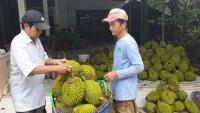
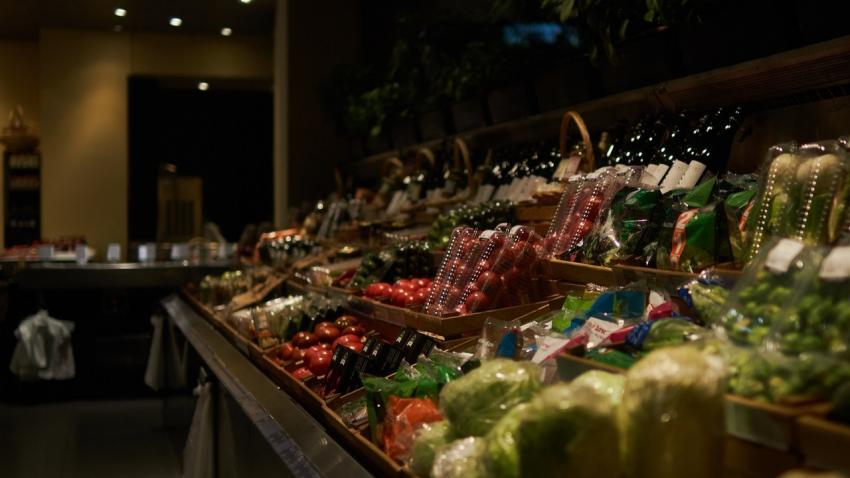
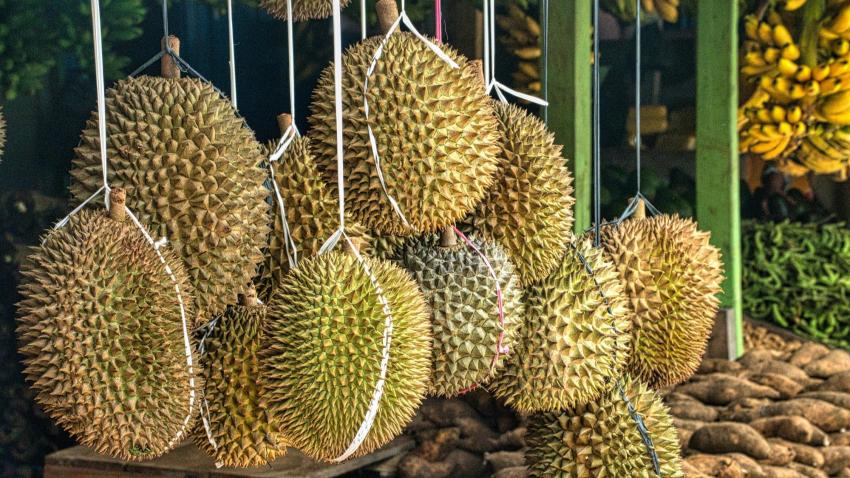
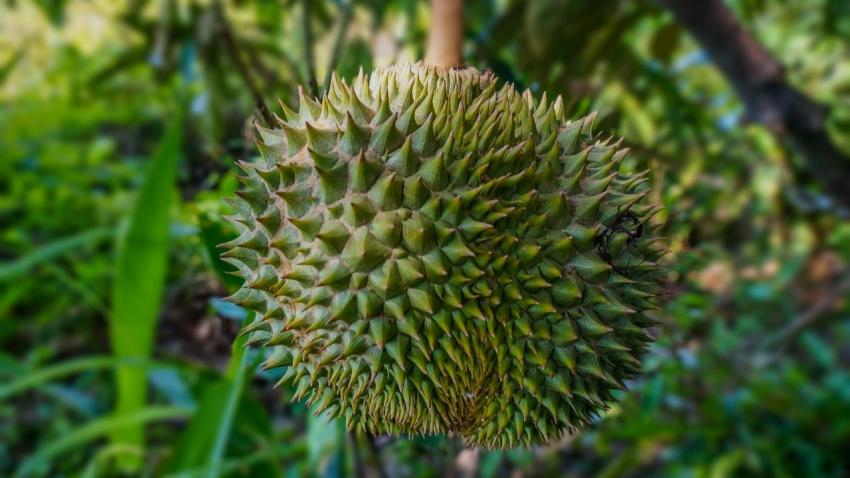
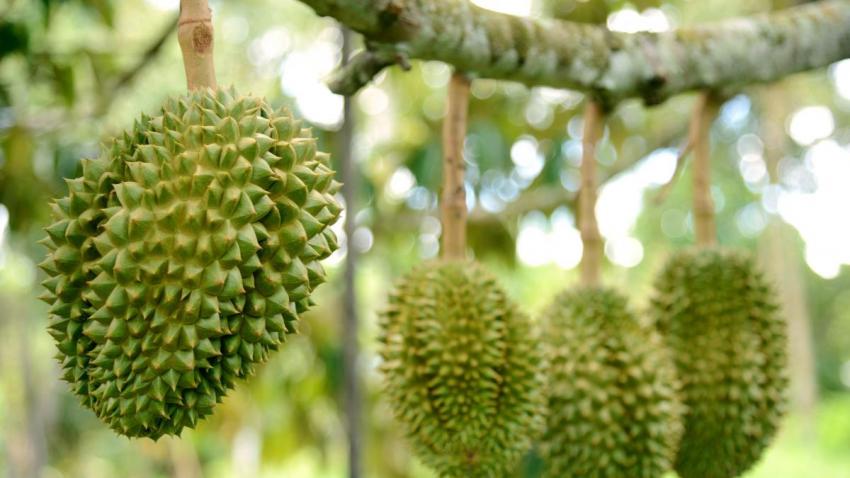






Add new comment